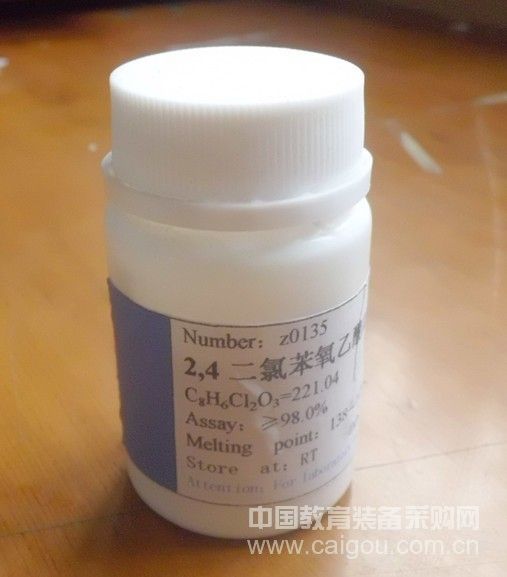
1. Pathogenicity The pathogenicity of anti-cytokine antibodies is not yet clear, however, the Fab fragments of the above autoantibodies have the ability to bind the corresponding cytokines with low specificity and high affinity. In fact, anti-IL-la and IL-6 autoantibodies are the only and important binding proteins in normal human serum. Although the IgG in serum can be classified and detected at present, the autoantibodies of IFNα and IL10 cannot be detected. The possible reason is that the autoantibodies and their corresponding cytokines exist in the serum in the form of immune complexes, or there is a certain inhibitory factor in the serum. If you want to separate the antigen and antibody in the complex, it is not easy to achieve the goal because of the high affinity of the antibody.
It is still unclear why and how high-affinity autoantibodies against these cytokines are produced. It is not clear whether these autoantibodies can neutralize cytokines in vitro, whether they are in vivo, whether they have the function of carriers or protection of cytokines, and so on. However, it is worth affirming that the circulating cytokines are stably present in the form of cytokine-IgG complexes. This also explains the pharmacokinetics of why cytokine accumulation occurs in patients treated with anti-IL-6 antibodies, due to the longer half-life of the cytokine-IgG complex.
However, the study also found that the Fab fragment of the anti-cytokine specific antibody can neutrally bind to the above cytokines, and its binding is very specific and high affinity. The presence of cytokine-neutralizing antibodies may neutralize its biological activity, leading to the failure of cytokine therapy.
IL-lα is an important co-stimulatory factor for activating T cells, and may also be an autocrine growth factor for Th2 cells. Therefore, as a natural immunoregulatory factor, anti-IL-lα antibodies are particularly meaningful. By combining soluble and membrane-associated IL-la to inhibit the activity of both forms of cytokines, anti-IL-lα autoantibodies are bound to affect the function of IL1α.
2. Detection methods There are two types of methods for detecting anti-cytokine antibodies. That is biological methods and immunological methods. Immunological methods include: ELISA, radioimmunoassay (RIA), immunoradioassay, Western blot (immunoblotting); biological methods are mainly to detect various biological functions of cytokines, such as inhibition test, anti-virus And test (anti-IFN antibody), ILq antibody neutrophil adsorption inhibition test and thymocyte proliferation inhibition test.
3. The clinical significance of anti-IL-1α antibody content varies considerably in immune diseases; the high-affinity autoantibody level of anti-IL-6 in patients with rheumatoid arthritis and systemic sclerosis increases. In contrast, anti-IL-1α antibodies do not appear in general immune inflammatory diseases, including Crohn's disease. The presence of these autoantibodies in patients with alcoholic cirrhosis means a poor prognosis. Insufficient detection methods hinder the study of the clinical significance of cytokine autoantibodies. Low-level cytokine autoantibodies are irrelevant to the development of the disease, and may only reflect the increased synthesis of related cytokines in active inflammation, accompanied by an increase in autoantibodies.
metal framed wall mirror,bathroom hang mirror,home decor,decor mirror,hang mirror,wall mirror
Xingtai Wosen Mirror Industry Co., Ltd , https://www.wosenmirror.com